In a fiery August 10th press statement, International Service Workers Union 32BJ SEIU slammed Senate Republicans and President Trump “for devaluing their work and lives by denying them hazard pay and refusing to pass” the Health and Economic Recovery Omnibus Emergency Solutions (HEROES) Act. According to the statement, “After risking their lives to keep people safe and our economy moving for six months with no end in sight, 32BJ’s essential...frontline cleaners, security officers, food services workers, doormen and airport workers [vow] to channel their voice into votes to ensure change in November.”
32BJ SEIU President Kyle Bragg did not mince words on behalf of the union’s more than 175,000 workers, who span 11 states and the District of Columbia: “It is appalling that the Senate Republicans and President Trump would deny hazard pay to essential workers. For months, Trump and his Republican allies had the chance to follow the Democrats and pass the HEROES Act to protect essential workers. Now, instead of passing the Act, essential workers are getting executive order PR stunts as the President and Senate Republicans play politics with their lives.”
Essentially At-Risk
The ongoing - and in some areas almost unchecked - pandemic has made obvious some long-standing social and economic divides in the US, particularly between those who can work from home, see a doctor on-demand, and take sick days, and those who cannot. The dual pressure of doormen, porters, cleaners, janitorial staff, and security personnel being told that they are ‘essential workers,’ yet at the same time feeling undervalued and expendable is evident in the statements of 32BJ members like security officer Regina Thompson, quoted in the union's statement saying, “It’s a very hard and scary situation now, the times we are living in. I’ve never seen anything like this. Hazard pay during the pandemic would help.”'
While many - if not most - employers have gone to great lengths to support essential and front-line workers with leave time, adequate personal protective equipment (PPE), and other measures to make a bad situation workable, that's not the case for everyone. Workers laid off or furloughed by the pandemic have relied on now-expired $600-per-week supplemental unemployment assistance not just to pay bills and cover rent, but to acquire cleaning supplies, PPC, and other items to keep themselves and their families safe. The expiration of that extra funding, as well as the sunsetting of eviction moratoriums for renters has hundreds of thousands of workers across the country facing what amounts to an existential crisis.
“Over the past few months, pandemic unemployment assistance has been a lifeline for me and my family,” said Elizabeth Stanton, a food service worker at Carnegie Mellon University and 32BJ member who has been out of work since the university closed its campus in March because of COVID. “It helped me to pay bills and to buy the supplies needed to protect me and my family. Taking it away right now, when the pandemic is still raging out of control, is just plain wrong.”
To date, thousands of 32BJ members have been laid off by the pandemic, and more than 133 have died from COVID-19 complications. With lawmakers in Washington quibbling over the terms of another round of federal aid, Bragg’s patience with the process appears to be exhausted. “Essential workers, who have performed their work heroically, will do everything in their power to help elect leaders who can fulfill their basic duty to protect them,” he said in the 32BJ statement. “Republicans in Washington have utterly failed to protect workers. Our lives depend on voting them out in November.”
Hannah Fons is Senior Editor of The Cooperator.



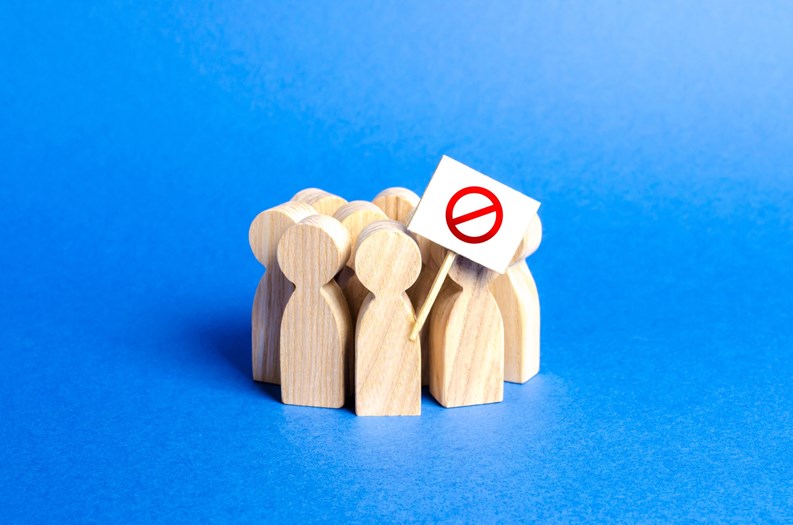
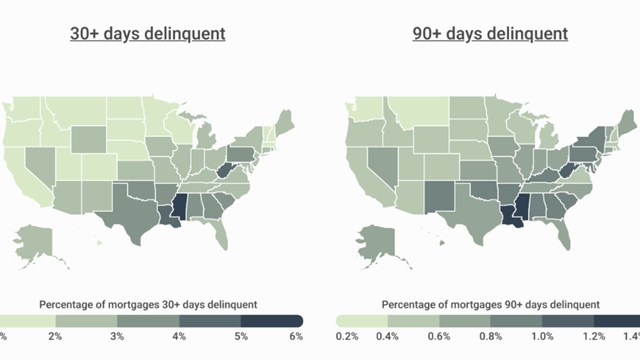
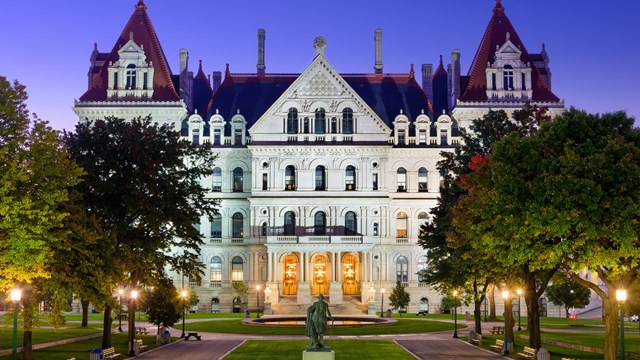
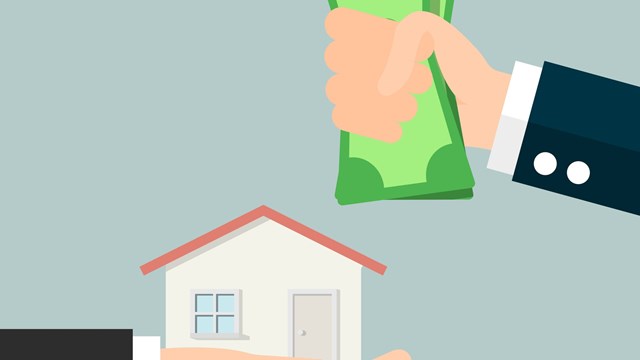
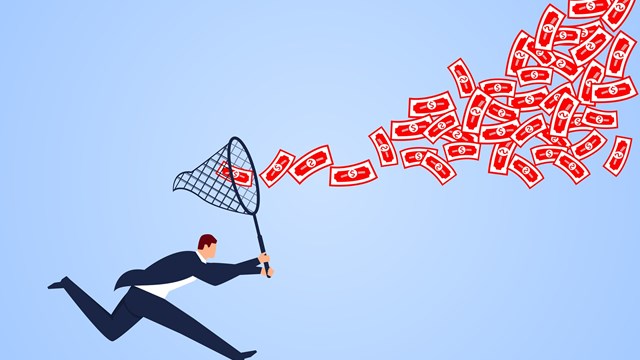

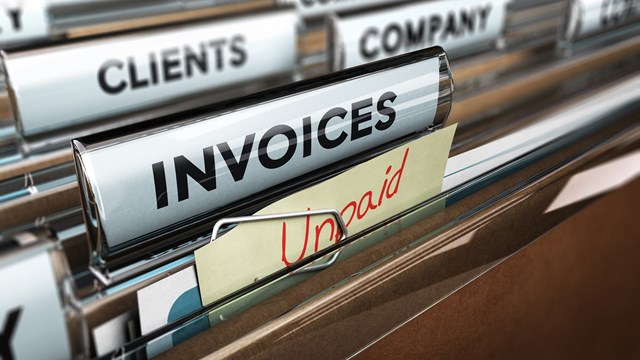
Leave a Comment